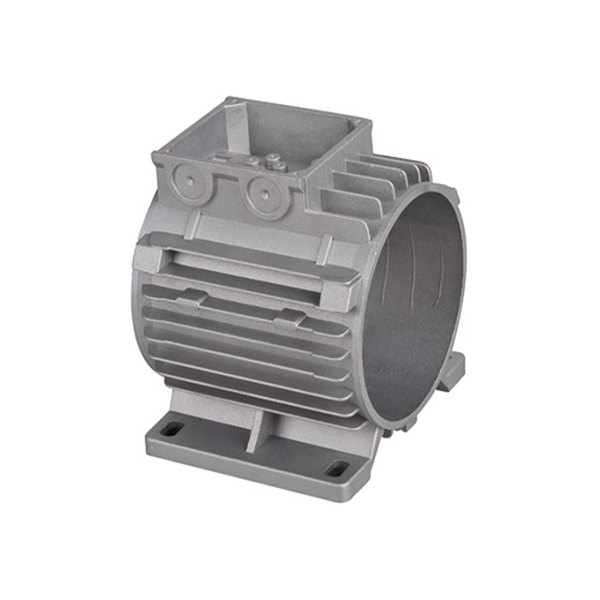Mobile:+86-311-808-126-83
Email:info@ydcastings.com
Understanding the Benefits and Applications of Closed Type Impellers in Pump Design
Understanding Closed Type Impellers A Key Component in Pump Design
Closed type impellers are critical components in various fluid handling systems, especially in centrifugal pumps. They play a pivotal role in determining the efficiency, performance, and reliability of a pumping system. This article delves into the characteristics, advantages, and applications of closed type impellers, shedding light on their importance in modern engineering.
What is a Closed Type Impeller?
A closed type impeller is defined by its structure, which consists of a central hub with blades that are enclosed or ‘closed’ at both faces. This design contrasts with open type impellers, which do not have a cover on either side of the blades. The enclosed nature of closed type impellers provides several advantages, making them the preferred choice for many applications.
Advantages of Closed Type Impellers
1. Higher Efficiency Closed impellers are generally more efficient than open impellers. Their enclosed design allows for better fluid dynamics, minimizing turbulence and energy loss. This characteristic enables pumps to operate effectively with higher pressure outputs, making them suitable for applications where performance is crucial.
2. Improved NPSH (Net Positive Suction Head) The design of closed type impellers enhances suction conditions, resulting in better NPSH values. This quality is essential to prevent cavitation, a phenomenon that can lead to severe damage in pumps. By maintaining optimal operational conditions, closed impellers contribute to extended equipment lifespan.
3. Better Handling of Slurry and Viscous Fluids Closed impellers are adept at handling slurries and fluids with higher viscosity. Their enclosed blades help in effectively moving these challenging materials without significant degradation or wear. This capability is particularly advantageous in industries such as mining, wastewater treatment, and chemical processing.
4. Greater Pressure Generation The enclosed design of closed type impellers allows for greater pressure generation compared to open type impellers. This feature is vital for applications requiring high discharge pressure, making them ideal for tasks like irrigation, fire-fighting systems, and high-rise building water supply.
closed type impeller

5. Reduced Maintenance Closed impellers typically incur less wear and tear due to the protection offered by their enclosed design. This leads to lower maintenance needs and costs, which can be a significant advantage for companies looking to improve operational efficiency.
Applications of Closed Type Impellers
Closed type impellers find extensive applications across various industries. They are commonly used in
- Water Supply and Distribution In municipal water systems, closed impellers are used in pumps to ensure reliable water delivery while maintaining efficiency.
- Chemical Process Engineering The ability to handle various fluid types makes closed impellers suitable for pumping chemicals in processing plants.
- Pharmaceutical Industry Their hygienic properties and ability to maintain fluid integrity make closed impellers an excellent choice for pharmaceutical applications where contamination must be avoided.
- Oil and Gas In the extraction and transportation of oil and gas, closed impellers help manage fluid flow efficiently through pipelines and processing facilities.
Conclusion
Closed type impellers are integral to modern pumping systems, offering numerous advantages over alternative designs. Their efficiency, ability to handle complex fluids, and reduced maintenance needs make them indispensable in various industrial applications. As industries continue to demand higher performance and reliability from their fluid handling systems, closed type impellers will remain a fundamental component in achieving these goals. Understanding their importance and functionality is crucial for engineers and designers aiming to optimize pump design and performance in an ever-evolving technological landscape.
-
Why Should You Invest in Superior Pump Castings for Your Equipment?NewsJun.09,2025
-
Unlock Performance Potential with Stainless Impellers and Aluminum End CapsNewsJun.09,2025
-
Revolutionize Your Machinery with Superior Cast Iron and Aluminum ComponentsNewsJun.09,2025
-
Revolutionize Fluid Dynamics with Premium Pump ComponentsNewsJun.09,2025
-
Optimizing Industrial Systems with Essential Valve ComponentsNewsJun.09,2025
-
Elevate Grid Efficiency with High-Precision Power CastingsNewsJun.09,2025











